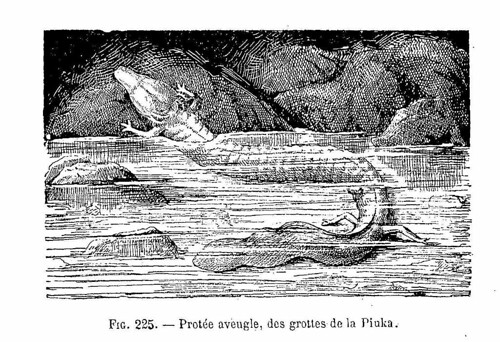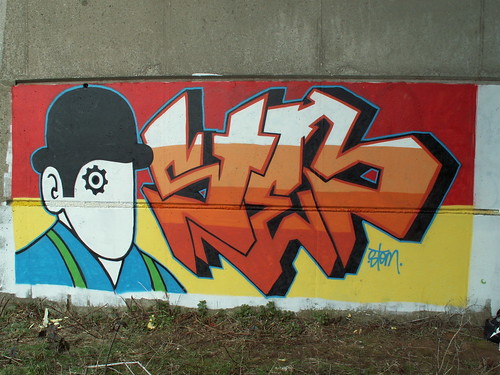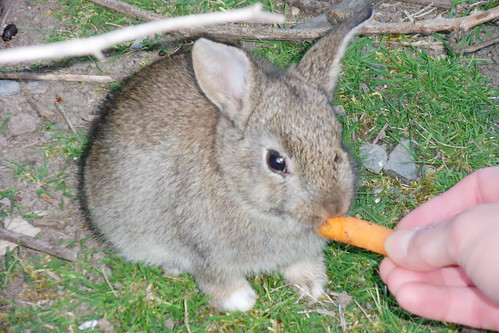
We don’t want to believe it but it’s true: Downton Abbey is coming to a close. We’ve been there since (almost) the beginning, collecting British idioms, cultural references, and plenty of anachronisms.
This final season doesn’t disappoint. Check out our favorite words and expressions from Downton Abbey, season 6.
crackers
Mary: “You don’t really mind, do you?”
Lord Grantham: “No, but I think it’s crackers.”
Episode 6, February 7, 2016
Crackers, British English slang for insane or crazy, has been around since 1925, the year this episode takes place. According to the Oxford English Dictionary (OED), the term began as soldier and sailor slang — “To get the crackers, to go off one’s head” — and comes from cracked, “mentally unsound.”
But would Lord Grantham be using such a new slang term? Perhaps: he did serve in the military (although he wasn’t active in the trenches of World War I) and the word was widely used in print beginning in 1928, which means it might have been used in everyday speech shortly before then.
deb
Lord Grantham [to Mary]: “I suppose you were a widow after all and not a deb in her first season.”
Episode 1, January 3, 2016
Deb is short for debutante, a young woman formally introduced into society. While debutante entered English from French in the early 19th century, deb began as U.S. slang around 1920, says the OED. F. Scott Fitzgerald used debbie in his 1920 novel This Side of Paradise: “Tom and Amory had outgrown the passion for dancing with mid-Western or New Jersey debbies at the Club-de-Vingt.” In 1922, James Joyce used deb in Ulysses: “Josie Powell that was, prettiest deb in Dublin.”
hold onto your hat
Mr. Finch: “If you could just tell me who’s replaced him.”
Mary: “Hold onto your hat, Mr. Finch, but I’m afraid I have.”
Episode 2, January 10, 2016
Hold onto your hat or hang onto your hat means “get ready for something big.” The idiom has been in use since the early 1900s with the OED’s earliest citation from American journalist Damon Runyon: “Hang onter yer hat—th’ cavalry’s comin’ through!”
fatstock
Mary: “I thought all the fatstock shares took place before Christmas.”
Episode 2, January 10, 2016
Fatstock is a British term referring to marketable livestock and comes from the idea that farm animals such as pigs or cattle have been fattened for market. The term has been in use since either 1880 or 1812, depending on if you’re referring to the OED or Merriam-Webster, respectively.
golly gumdrops
Lord Grantham: “Golly gumdrops, what a turn-up!”
Episode 8, February 21, 2016
While we couldn’t find an exact origin of golly gumdrops, we assume it’s an alteration of golly, a euphemism for God or by God used to express wonder or surprise. Golly originated in the U.S. around 1743, says the OED. Another phrase involving gumdrops, goody gumdrops, is also a U.S. expression and came about in 1930.
I’ll say
Lady Rosamund: “This must be a strange and unsettling time for you.”
Bertie: “I’ll say.”
Episode 8, February 21, 2016
Used to express emphatic agreement, I’ll say originated around 1919.
Madame Defarge
Daisy: “’Not possible’? Don’t give me ‘not possible.’
Mrs. Patmore: “All right, Madame Defarge, calm down and finish that mash.”
Episode 4, January 24, 2016
Madame Defarge is a character from Charles Dickens’s A Tale of Two Cities and a “tireless worker for the French Revolution.” In this episode Daisy is angered about the ill treatment she thinks her ex-father-in-law has received at the hands of the upper class, namely her employer Cora Grantham.
make a pass
Mary [to Henry]: “I hope this means you’re boiling up to make a pass before we’re done.”
Episode 4, January 24, 2016
The term to make a pass, to make a sexual or amorous advances upon, originated in the mid-1920s as U.S. slang, says the OED, and possibly by Dorothy Parker: “Men seldom make passes At girls who wear glasses.” Confusingly, the expression also means to make a threat of violence against.
medium smart
Mary [to Anna]: “Pack something for the evening. Medium smart.”
Episode 6, February 7, 2016
Smart here means “attractively neat and stylish,” as the OED puts it, or “relatively formal.” We couldn’t find any references for medium smart, beyond those for the show itself, but we’re guessing it means something like a little less formal.
prolix
Carson: “Before we take our seats, I believe, as the groom, that I have the right to a few words. I will not be prolix, but it must be right that I mark that I am the happiest and luckiest of men.”
Episode 3, January 17, 2016
Prolix is a rather stuffy term well-suited for Carson: it means overly long or wordy, and comes from the Latin prōlixus, “poured forth, extended.”
sex appeal
Lord Grantham: “What’s he got that fascinates Mary when poor old Tony’s rolling acres and glistening coronet didn’t? You’ll say sex appeal, but isn’t Mary too sensible?”
Episode 7, February 14, 2016
In addition to making us uncomfortable coming out of Robert’s mouth, the term sex appeal originated around 1904. Twenty years later, a verb form of the phrase arose: “She’d sex appeal me all right!”
singleton
Mary: “A table of singletons at our age. Well done.”
Episode 6, February 7, 2016
Anachronism alert! While the word singleton has been in use since the late 1800s, says the OED, it began as a bridge or whist term referring to the only card of a suit left in a player’s hand. About 20 years later it came to mean “a single thing” and “a single entry in a competition,” and 10 years after that, a child born from a single birth as opposed to twins, triplets, etc.
It wasn’t until the late 1930s, more than a decade after this episode takes place, that singleton came to mean an unaccompanied or unmarried person.
take the biscuit
Gladys Denker [to Septimus Spratt]: “Well, if that doesn’t just take the biscuit.”
Episode 7, February 14, 2016
The British idiom take the biscuit might be used to express surprise. In this scene, Denker’s having the opportunity to accompany Lady Grantham on her trip to the South of France is what takes the biscuit. The American expression take the cake could mean being ranked first, but is also an expression of surprise, either good or bad.
To make matters even more complicated, in Canadian English, to take or have the biscuit means to be of no further use or to be near death. The biscuit, says World Wide Words, refers to the Communion wafer taken during extreme unction, a Roman Catholic sacrament, and implies that if you take the biscuit slash wafer, you’re nearing the end of your life.
Not enough Downton Abbey for you? Check out our favorite words from more seasons past.






